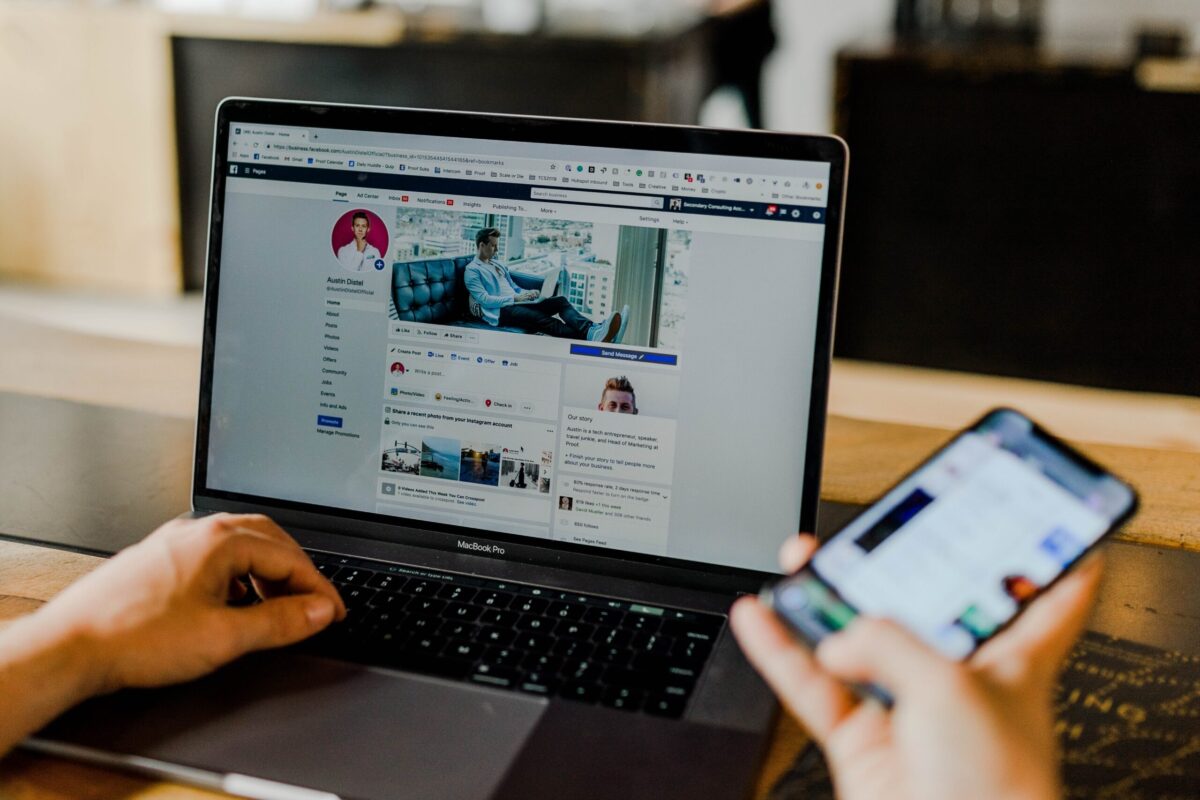Social media marketing nowadays is the king. However, properly promoting your event on social media is often overlooked. With proper tools and strategies, event management companies can double their earnings, and bring more attendees while sitting behind their computer screen.
In this article, we’ll discuss different marketing channels you should and shouldn’t use when promoting an event on social media.
Marketing Channels to Consider in Event marketing
There is an array of social media platforms you can choose from to promote your event. Nevertheless, it would be pointless to waste your marketing efforts on every social platform out there. Alternatively, you can follow our favorite strategy to rate the marketing channels by degree of difficulty and level of effectiveness. (See Marketing Research Chart)

Marketing Research Chart: Inbound or outbound – degree of difficulty not affecting use of effective tactics
Classifying marketing channels based on the cost, effort, time, and effectiveness that you expect from each, will enable you to choose your winning social media channel wisely. Here is a quick overview:
1. Facebook
Over 1.7 billion people use Facebook on a daily basis. Hence, it would be crazy not to promote your event and convert some leads from the social media giant. But there are few steps that you should follow to promote your event in the most effective way.
The first step in the promotion of your event on Facebook is creating an event page. A Facebook event will enable potential attendees to showcase their interest by choosing whether they’ll be attending, considering, or not attending the event. The number of people who clicked that they’ll attend your event is a metric that can tell you if you should push your marketing efforts further.
However, creating an event and promoting it on social media isn’t automatic. The process includes sharing posts, videos, and images relevant to your event to keep your targeted segment intrigued about the event.
For instance, if your event is a conference about self-help, then your targeted segment will probably react to motivational videos and motivational quotes. Keeping your page’s fans reacting to your posts will remind them that you exist. Since 350 million photos are uploaded to Facebook every day; the quality of your posts should be able to catch the attention of your targeted segment and consequently leading to a conversion or a sale.
2. Instagram
Instagram is used by over 1 billion people. Nevertheless, Instagram is different from Facebook in many aspects. According to Statista, 53% of Instagram users in the U.S. are females, and 33% of users are aged between 25 and 34 years old, with 18 to 24 years coming in second place with 22.8%.
This information can tell you if your event is relevant to the age groups that use Instagram daily. For example, if your event is a conference that targets pregnant women who are 25 to 34 years old, then Instagram can be a very good social media platform for you.
Additionally, Instagram is popular for its influencer marketing. Since Instagram doesn’t allow you to create an event, you can contact influencers who are relevant to your event’s niche to promote your event on their large following profile.
Alternatively, you can post a countdown on your Instagram stories or teasers with details about your event. Also, sharing posts with relevant hashtags will put your post in front of people interested in that particular subject.
Finally, you can interview attendees and share it as an Instagram post or Instagram story. This will allow you to use the social proof effect and will make you look trustworthy in the eyes of your targeted segment.
Promoting through influencer marketing has an average conversion rate of 1.2%, so reaching out to an Instagram influencer relevant to your event and who has 500,000 subscribers for example can get you somewhere around 3000 attendees if done well.
3. TikTok
Tiktok rose to fame very quickly compared to other social media platforms. Therefore, the opportunities to promote your event on the video-sharing platform are cost-effective and effortless. Like Instagram, you can reach out to TikTok influencers to promote your event, or you can follow a different approach. For example, you can start making some interesting high-quality video content to drive subscribers to your TikTok profile. Afterward, you can directly promote your event to your followers without paying anything on ads.
Take the motivational conference event for example. One way you can promote your self-help conference on TikTok is through sharing short motivational speeches and after gathering a large fan-base that is interested in this particular niche, promoting your event to them will be an easy task.
Best Social Media Strategies for Event Marketing
Depending on your event type, you’ll be able to make a hypothesis on which social media platform works and which doesn’t by classifying the events based on the level of difficulty and effectiveness. However, assumptions and hypotheses are only the first step in the social media marketing strategy. Hence, if you want to prove the assumptions, then you should put them to test through what is known as “lean marketing methodology”.
Promoting an event on social media with lean marketing
Lean marketing is a technique that social media marketers follow to test their hypothesis, and get precise data on consumer behavior, social media platform effectiveness, and other aspects of social media strategy. For instance, you can use the lean methodology to tell if promoting your event through Instagram influencers is effective.
The first step in the process involves making a minimum viable product (MVP). Your MVP can be a virtual event that you’ll send to Instagram influencers to promote for you. However, you shouldn’t waste so much money on large following influencers. Instead, you can target influencers with not more than 40,000 followers for the sake of the test.
Then, you’ll put assumptions on how many attendees you can expect from this marketing channel. Meanwhile, you can run similar tests on Facebook by testing how people react to different kinds of posts. Do your followers interact with motivational videos for example instead of quotes? Great, don’t waste your time on creating quotes then and start eliminating anything that doesn’t drive likes, comments, or shares.
Making assumptions and putting them to test and then deciding whether to keep up with the assumption or move will enable you to collect data on what works and what doesn’t. Accordingly, it will save you the time, effort, and cost to promote an event on social media.
In conclusion, tens of social media platforms can work for you depending on your event type. The only way you can judge which social media platform is better is through testing and collecting data about your targeted segment. With data and metrics that you gain from your social media campaigns, you can develop your social media marketing efforts and achieve your marketing objectives and goals.




